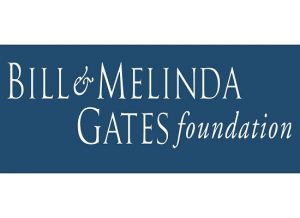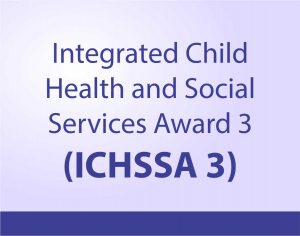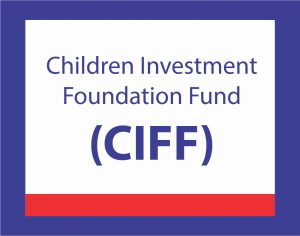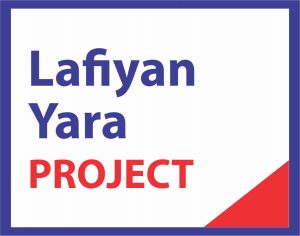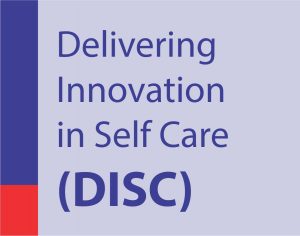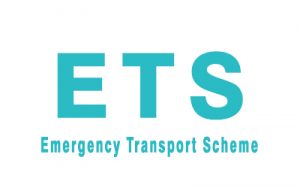The Maternal and Neonatal Health Project in North East Nigeria 2012 – 2016
The Maternal and Neonatal Health (MNCH) Project 2012 – 2016 provides effective and efficient approaches to improve maternal and newborn health practices in the home, as well as facilitate enhanced facility-based Maternal Neonatal and Child Health (MNCH) services in North East Nigeria. This project hopes to reduce the rate / incidence of maternal and child mortality in Northeast Nigeria.
INNOVATIONS::
EMERGENCY TRANSPORT SCHEME -: as a response to the second delay caused by lack of transportation, bad roads and poor terrains; the project runs a successfully tested transport scheme in hard-to-reach parts of Gombe State. The Volunteer Drivers receive training on danger signs in pregnancy and basic safe motherhood; the model ensures that training and recruitment of new volunteer drivers occurs as often as necessary. Volunteer drivers also enjoy community recognition and recently began to receive a stipend for their activities in the communities.
COMMUNITY VOLUNTEERS & FRONTLINE WORKERS -: This project works through the Federation of Muslim Women’s Association Volunteers (FOMWAN) and Traditional Birth Attendants to facilitate appropriate referral to higher level of care as well as conduct pre and post delivery checks on a mother and her newborn within the communities. These community volunteers are highly respected within their communities and thus have a big role to play in ensuring that unsafe practices in pregnancy, delivery and post-partum care are eliminated.
FAMILY HEALTH CALL CENTRE -: the project runs an MNH Call Centre that provides a linkage between pregnant women and community volunteers or frontline workers as well as Emergency Transport Scheme (ETS) volunteers. The Call Centre is also an information hub for all health issues pertaining to pregnancy, nutrition, post-partum care and recently family planning.
PERFORMANCE BASED FINANCING for Frontline Volunteers -: the project rewards frontline workers per referral to facilities to increase the number of women who receive appropriate care in a facility – from antenatal services to delivery and the baby’s immunisations.
Call Centre —> Information, ETS, Frontline Worker
Frontline Worker —-> Information, Health Facility, ETS
ETS —> Health Facility
Frontline workers, community volunteers and Call Centre Staff are usually trained retired midwives who are part of the community and can speak the language. They are trained and effectively monitored to make sure that the right data is collected throughout the project. The MNH project in Gombe also continues to enjoy the support of community and traditional leaders.
ACHIEVEMENTS::
• Increased health facility delivery from 18% (NDHS 2008) to 28% (NDHS 2013)
• Increased ANC attendance from 48% (NDHS 2008) to 58% (NDHS 2013)
• 1,450 community based volunteers trained to deliver home based care during early/late pregnancy, postnatal stages and make referrals for skilled care
• Training on Essential Newborn Care (ENC), administration of Misoprostol and Active management of third stage of labour (AMTSL) for 117 health facilities across the 10 local governments of Gombe state.
• Mass distribution of resuscitation kits containing Ambu bag and suction bulbs
• Selection and training of Ward Development Committees for programme sustainability
Maternal and Child Health (MCH) Project NORTHEAST NIGERIA (LEARNING GRANT) 2009 – 2011
The goal of the learning grant in Gombe state was “to demonstrate effective, scalable approaches to improving critical maternal and neonatal health (MNH) practices in the home and position successful approaches for scale up”. The project explored models for improving critical MNH practices in the home and increasing recognition of danger signs, provision of essential clean delivery kits and micro nutrient supplements, establishment of a functional Call Centre, referrals and transport to facility-based care when needed. The project employed three models in delivery of services: traditional birth attendants (TBAs), the Federation of Muslim Women’s Associations in Nigeria (FOMWAN) volunteers and a ‘Combined’ Model which consisted of TBAs and FOMWAN volunteers.
Population Services International (PSI) and Transaid partnered with SFH in this project which was funded by the Maternal and Neonatal Health Project (MNH). The project initiated a substantial increase in use of proper health care methods via the intervention of TBA and FOMWAN volunteers, provision of subsidized products as well as the use of the Emergency Transport Scheme.


